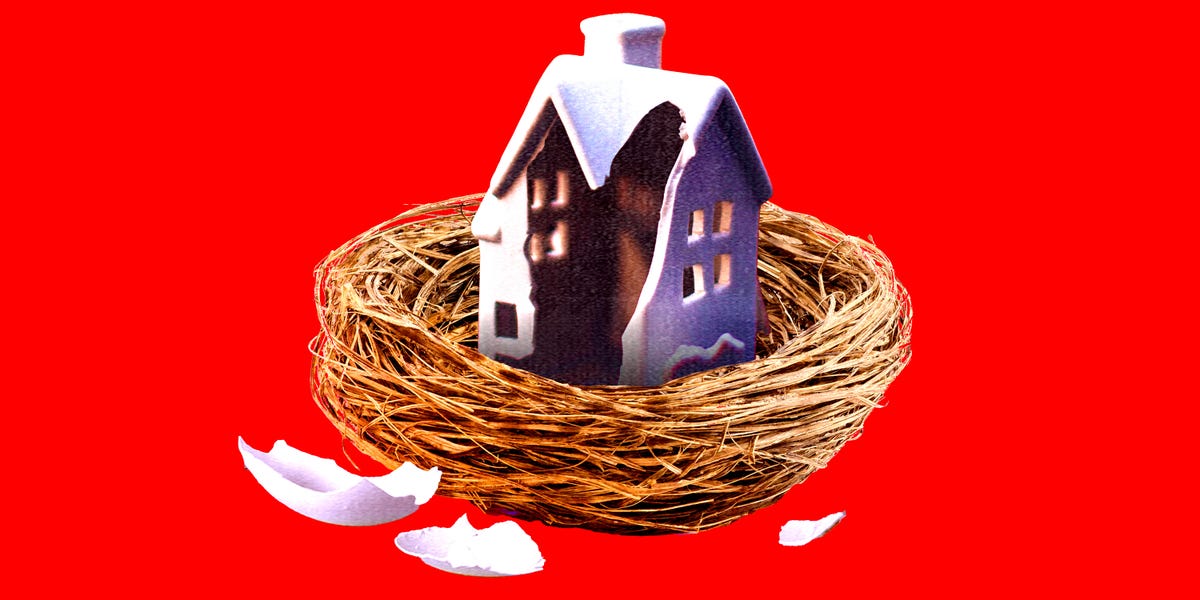Millennials have long faced challenges in the housing market, primarily due to a lack of affordable homes. This issue has been attributed to factors like house-hoarding baby boomers and corporate landlords, but the main problem was timing. Many millennials reached their prime homebuying years just after the 2008 financial crisis when builders scaled back construction. While the current housing shortage seems persistent, population forecasts suggest a shift is coming. Slower population growth, with more deaths and fewer births, will weaken housing demand, particularly in the 2030s when Gen Z, a smaller cohort than millennials, becomes the primary homebuying group. Simultaneously, baby boomers will exit the market, freeing up millions of homes. Unless immigration rises dramatically, this combination of more supply and less demand could flatten or even reduce home prices. Cheaper housing is beneficial, but it could devastate recent millennial homeowners counting on property value increases. Their wealth, largely tied to real estate, may not grow as expected, impacting retirement plans. Demographic trends indicate that household growth will slow, with Harvard JCHS projecting an increase of only 5.1 million households from 2035 to 2045, the lowest rate in a century. Construction could catch up as demand slows, potentially ending the housing shortage. However, this shift might mean fewer financial gains for millennial homeowners compared to previous generations. — news from Business Insider
